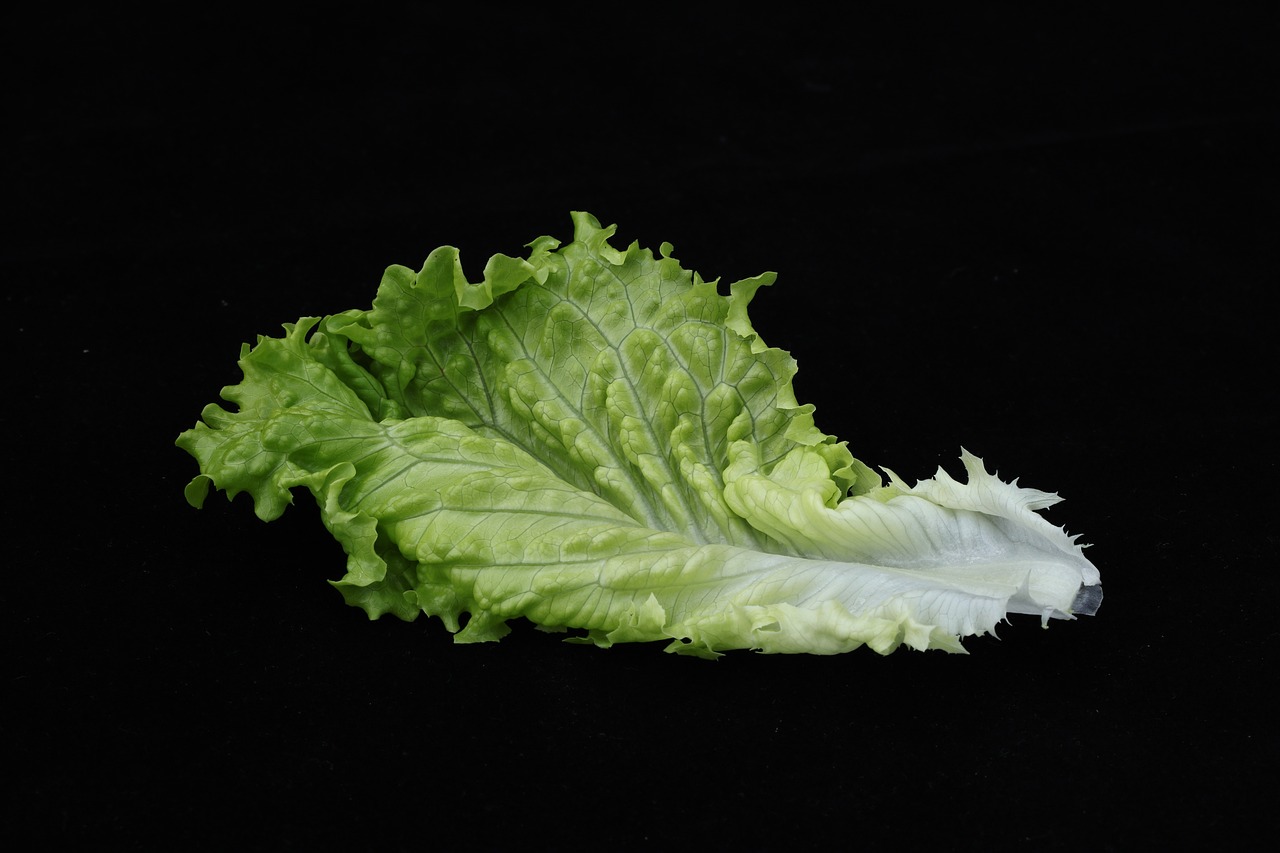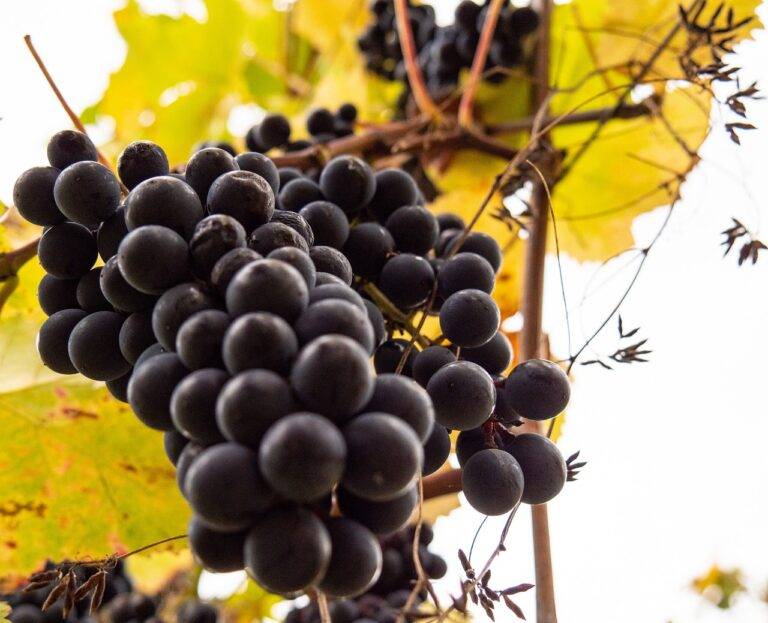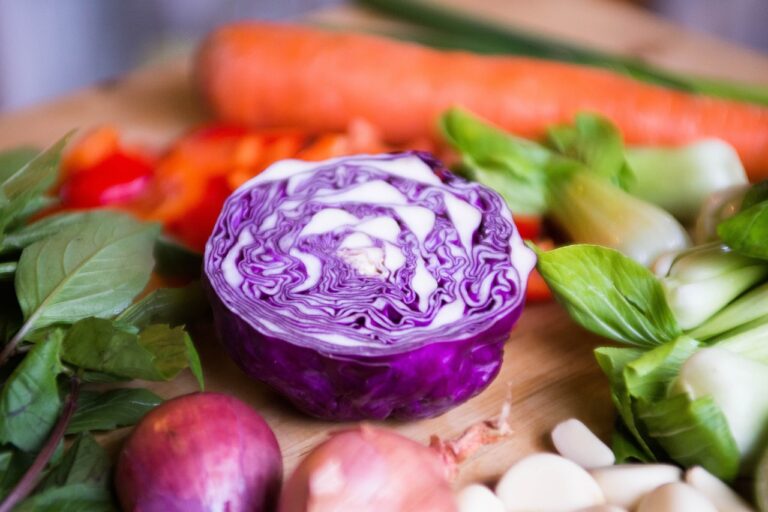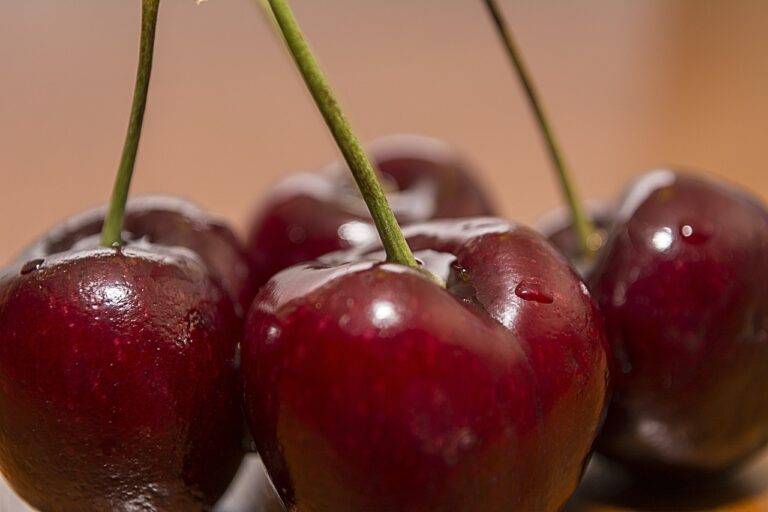Exploring the potential of organic fruit sourcing for pulp and puree production: All panal.com, Get cricket id, Gold 365
all panal.com, get cricket id, gold 365: Exploring the potential of organic fruit sourcing for pulp and puree production
Have you ever stopped to think about where the fruit in your favorite fruit juice or puree comes from? With the increasing demand for organic products, more and more companies are turning to organic fruit sourcing for their pulp and puree production. But what exactly does that mean, and why should you care? In this blog post, we’ll explore the potential of organic fruit sourcing for pulp and puree production and why it’s essential for both consumers and producers.
The benefits of organic fruit sourcing
Organic fruit sourcing involves growing fruits without the use of synthetic pesticides, fertilizers, or genetically modified organisms. Instead, organic farmers rely on natural methods like crop rotation, composting, and beneficial insects to maintain the health of the soil and the crops. This not only produces fruit that is free from harmful chemicals but also supports biodiversity and ecological balance.
One of the primary benefits of organic fruit sourcing for pulp and puree production is the quality of the final product. Organic fruits are often juicier, sweeter, and more flavorful than conventionally grown fruits, thanks to the natural methods used to grow them. This means that the pulp and puree produced from organic fruit are of higher quality and can enhance the taste and nutritional value of a variety of products, from juices to smoothies to sauces.
Another significant advantage of organic fruit sourcing is the environmental impact. By supporting organic farming practices, producers can help reduce pollution, conserve water and soil, and support the health of farmworkers and communities. Organic agriculture also helps combat climate change by sequestering carbon in the soil and reducing greenhouse gas emissions from synthetic inputs.
Challenges of organic fruit sourcing
While there are many benefits to organic fruit sourcing, there are also challenges that producers must navigate. Organic farming can be more labor-intensive and costly than conventional farming, which can drive up the price of organic fruit. Additionally, organic farmers may face challenges with pest control and disease management since they cannot rely on synthetic chemicals to protect their crops.
Another challenge is the limited availability of organic fruit. While consumer demand for organic products is growing, the supply of organic fruit can be limited, especially for exotic or out-of-season fruits. This can make it challenging for producers to source a consistent supply of organic fruit for their pulp and puree production.
Despite these challenges, many producers are recognizing the value of organic fruit sourcing for their pulp and puree production and are finding creative solutions to overcome obstacles. From partnering with local organic farms to investing in organic certification and training, producers are finding ways to support organic agriculture and meet the growing demand for organic products.
How to support organic fruit sourcing
As a consumer, you can support organic fruit sourcing by choosing organic products whenever possible. Look for organic certifications on labels and buy from companies that prioritize organic sourcing for their pulp and puree production. By choosing organic, you are not only supporting sustainable farming practices but also ensuring that you are getting a high-quality, nutritious product.
Producers can also support organic fruit sourcing by investing in relationships with organic farmers and suppliers. By building strong partnerships and supporting organic agriculture initiatives, producers can secure a consistent supply of organic fruit for their pulp and puree production. Producers can also educate consumers about the benefits of organic products and promote the value of organic fruit sourcing in their marketing efforts.
In conclusion, organic fruit sourcing has tremendous potential for pulp and puree production, offering high-quality, flavorful products while supporting sustainable farming practices and environmental stewardship. By choosing organic products and supporting organic fruit sourcing initiatives, consumers and producers can contribute to a healthier, more sustainable food system for generations to come.
FAQs
1. What is the difference between organic and conventional fruit sourcing?
Organic fruit sourcing involves growing fruits without synthetic pesticides, fertilizers, or GMOs, while conventional fruit sourcing relies on these inputs.
2. Are organic products more expensive?
Organic products can be more expensive due to the labor-intensive nature of organic farming and limited supply of organic fruit.
3. How can I support organic fruit sourcing as a consumer?
Choose organic products whenever possible, look for organic certifications on labels, and buy from companies that prioritize organic sourcing.
4. What are the environmental benefits of organic fruit sourcing?
Organic fruit sourcing can help reduce pollution, conserve water and soil, support biodiversity, and combat climate change.
5. Why is organic fruit sourcing important for pulp and puree production?
Organic fruit sourcing produces higher quality fruit that enhances the taste and nutritional value of pulp and puree products while supporting sustainable farming practices.







